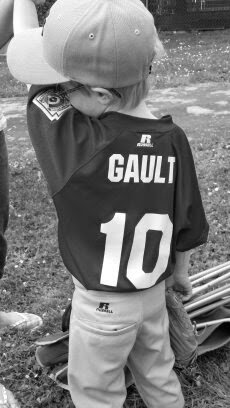Early this week Hal and I attended
a concert on the campus of George Fox University. The US Air Force Band of the
Golden West was touring Oregon, and GFU hosted them in their huge Bauman
Auditorium. The concert was free to the public, but required tickets in order
to handle the crowds. We had obtained ours a week in advance, and rightly so.
The place was packed out.
Hal had just preformed last week
in this same auditorium, part of the community band concert, and the audience,
while not massive, enthusiastically supported its efforts. But we were both
looking forward to what we knew would be an evening of excellence with the Air
Force Band. The incongruities of the situation did not occur to me at first.
It was, of course, a superb performance.
I especially enjoyed the band’s rendition of Aaron Copeland’s “Appalachian
Spring,” and an incredible jazz clarinet solo.
But a sense of restlessness slowly
arose as I sat there, hearing the glorious sounds that included, naturally,
military marches, seeing the multitude of uniforms, and taking in the sense of pride
in the introductions and comments. It was like one of those what’s-wrong-with-this-picture
exercises in children’s magazines. Something seemed out of balance.
Toward the end of the evening, the
band played “America the Beautiful.” This song always brings tears to my eyes.
And that happened this time, too. But the pictures that flashed by on the huge
screen were scenes of beautiful America taken from the cockpits of Air Force
jets, with the jet dominating the screen. My tears dried up and I wondered if I
should even be singing.
The concert concluded with the “Armed
Forces Medley,” and as the theme song of each branch was played, veterans and
different people connected with that particular branch stood. Around the
auditorium, groups of men and women proudly rose up as the rest applauded.
Emotions ran high, and the final crash of drums and cymbals was met with the whole
audience on its feet, clapping and yelling, roaring its approval.
We were both pensive on our walk
home. I remembered how that during the Vietnam War, Hal went through the
difficult court procedures to finally be declared an official Conscientious
Objector (CO) to war. He then served two years, under the draft board, doing
agricultural projects in a Mayan village in Guatemala. It was during a
dangerous time of civil unrest in that Central American country, but, of
course, nothing like what was happening in Asia. Other classmates went directly
to Vietnam as COs during the war, serving in different humanitarian projects.
In fact, I was sure one of them was sitting in the audience that night.
During that last rousing song, as
people all around us stood up and sat down, Hal, of course, stayed seated.
I know that GFU serves a
constituency that is larger than the Quaker community. I know that this concert
was offered as a service to the entire community. But I wonder if, as a Quaker
university, it couldn’t have offered a chance for the COs in the audience to
stand up and be recognized. Would the Air Force have allowed it? Possibly not.
Would the audience have clapped? Possibly not.
All this leaves me wondering if a
renewal of the passion for peacemaking is in order. What expressions could it
could take?
The restlessness in my spirit
continues.


